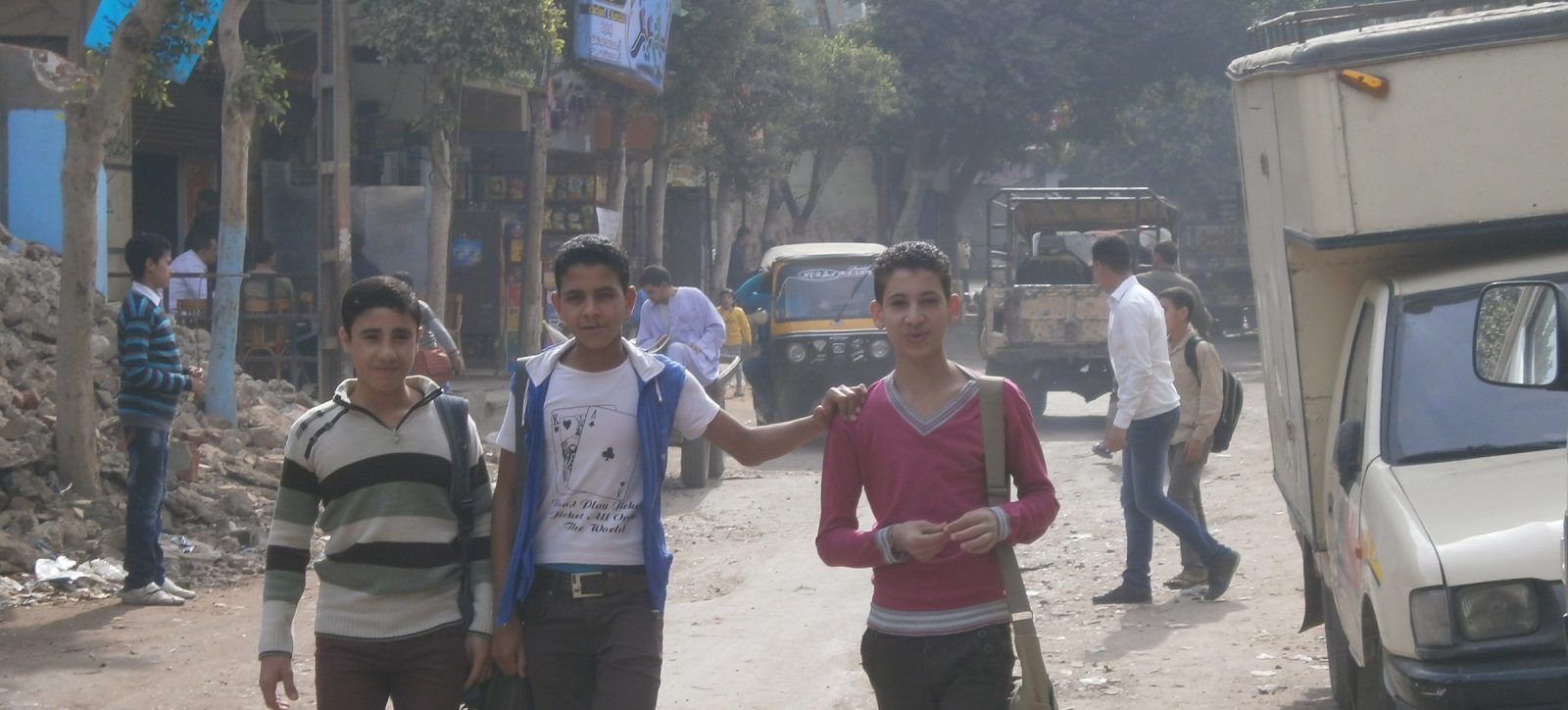


Globally, an estimated 230 million children live in areas affected by armed conflict, which are home to more than one third of the world’s out-of-school children. As conflict pushes more families into poverty, children are increasingly vulnerable to exploitation. They are likely to leave school early and take up dangerous, very often poorly paid work. Dire economic conditions also push young girls into early marriage with all its associated risks.

Insecurity has become a primary development challenge of our time and with an increase in humanitarian emergencies, more people have been affected, involving complex transition and recovery processes. There is currently no learning programme for children and young people to address these challenges and we recognised that there is a need to support social stability by fostering a culture of peace and prepare them for the developmental demands of their communities.
In a response, we developed the Life Skills and Financial Education for Peace Curriculum, which is based on the Aflatoun curriculum but adapted to a (post) conflict context. The programme has the potential to assist in conflict transformation by giving children and young people the skills to promote understanding and critical thinking vital to analyse the underlying cause(s) of conflict. They become active participants in society and can develop their skills to stimulate local economies through the creation of micro enterprises, which has the power to contribute to sustainable peacebuilding.
Download a Sample of the Lifeskills and Peacebuilding Curriculum in PDF
“HOW I DROPPED MY WEAPON” HAMADA, A 14-YEAR-OLD BOY IN SYRIA
Mobaderoon, Aflatoun’s partner in Syria, works with 11th grade students living in Jaramana, in rural Damascus. It is common for young teenagers to willingly volunteer in the armed forces and undertake missions in which they carry weapons, manning barriers throughout the village.
In this particular club, two boys attended, believing they had the right to fight in battles, in order to protect their families. We worked to prevent the spreading epidermic, which sees young people recruited at far too young an age. Experiencing violence and combat detrimental to them and any hopes of peace. Instead, through the Aflatoun programme they learned about the UN Convention on the Rights of the Child, understanding they had the right to be children, attend school and play. They also studied publications such as ‘The Killer Identities’ by Armin Maalouf, to help them learn about themselves, discovering the concept of identities and personalities. Over the course of the Aflatoun programme, Mobaderoon led the boys on a journey to identify their roles in society, how they can fully experience childhood, and crucially, that protecting people is not achieved merely by carrying a gun but comes when an individual is equipped with the knowledge to make the right decisions.
As a result of participating in the Aflatoun programme, Hamada decided to quit the forces and follow his studies. When he grows up he will decide where his future lies. Murhaf didn’t leave the forces, but he asked to be moved from standing on the barriers to the first aid workers where he can provide aid to the wounded. At the end of the day, Hamada and Murhaf are no longer violent and hostile. We became family, we gained their trust and many lives have been preserved.
Promote peaceful and inclusive societies for sustainable development, provide access to justice for all and build effective, accountable and inclusive institutions at all levels